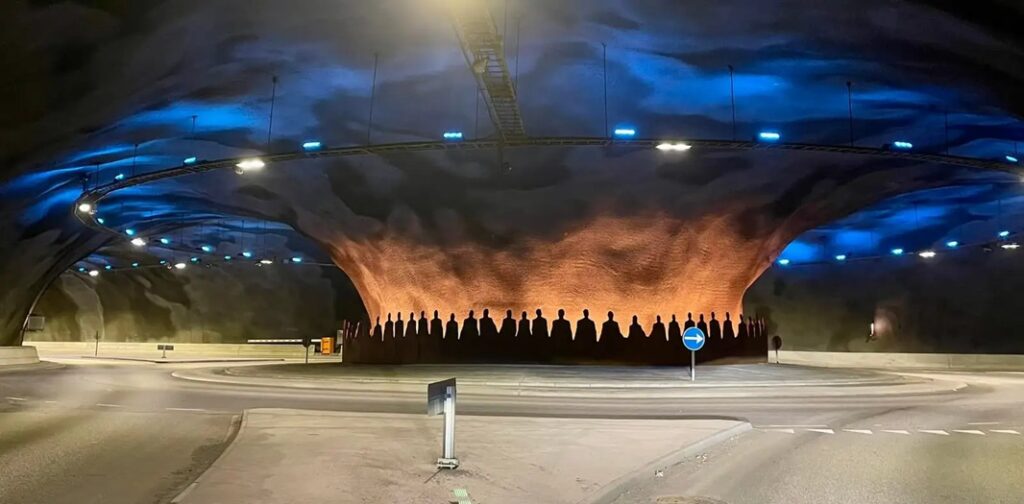A specialist says that an infrastructure company, as the Minister of Infrastructure wants to establish, should resolve many unfinished road projects. Attention should not be focused too much on tunnels as there are many other urgent projects.
A working group under the auspices of the Minister of Infrastructure is to deliver results in the coming weeks on further details of a state-run infrastructure company that is planned to be created by law in the spring session.
“With the bill, it will be proposed that a special infrastructure company or state entity be established to handle the financing of larger transport projects, such as tunnels and comparable fast-track projects. It will be proposed that the framework for financing, execution and operation of transport structures, which would fall under such an arrangement, be well defined with financial sustainability as a guiding principle,” says the description of the bill in an overview attached to the parliamentary agenda of Alþingi.
Hjalti Jóhannesson is a specialist at the Research Centre of the University of Akureyri and has taken part in many studies on transport issues there. He has no doubt that the arrangement proposed in the minister’s infrastructure company could be of great benefit in many areas.
It would probably make it possible to carry out projects that are in high demand and facilitate their financing, so that the effects of the transport improvements could appear sooner.
He points out that since such a company would be state-owned, there would be state guarantee for loans taken for projects and therefore lower interest rates than if the projects were in the hands of private parties.
One could then perhaps also think that this could be a mixture of projects where traffic is low and the revenue in accordance with that, and then projects where traffic is very high and revenues substantial. In that way these could balance each other out.
No tunnels have been bored in Iceland since Dýrafjarðargöng were opened in October 2020. Hjalti believes that the forthcoming infrastructure company will ease the way for projects and new tunnels will come about.
And then other projects, we should perhaps not focus too much on tunnels. There are more projects that could be included such as bridges and simply our Ring Road system… The Ring Road is in many places really needs to be addressed, and in between there are very profitable [economically justified] sections that can be renewed. I mention as examples in the north of the country, both in Skagafjörður and the shortening via the so-called Húnavellir route.
The Fjarðarheiði tunnel to Seyðisfjörður has been next in line on the tunnel plan, which is now being revised and updated by the Minister of Infrastructure. A tunnel just over 13 kilometres long, costing close to ISK 60.000 million. Hjalti believes that it will be easier to tackle such a large project through a state-owned infrastructure company than if the state treasury alone were to bear the cost.
Yes, I assume so. Whether it is Fjarðarheiði or some other tunnel, it will make it easier to undertake the project. To put money into this will not be as big a bite for the state treasury as otherwise. That it would then be through such a company.

Icelanders often look to the Faroese as a model in transport and tunnels above all. Hjalti says that in the Faroe Islands these large projects are perhaps more often regarded as regional measures rather than investments.
In fact it is interesting that the slogan of the Faroese road authority is Landsverk builds the country. They seem to have such regional policy embedded in their work. Something that one does not see in the same way here.
He says that in research at the university they have sometimes looked to the Faroese in connection with transport projects. Attempts have been made to weigh profitability and regional effects together and view everything as a whole.
Perhaps we are looking a bit too much at profitability, but that is not surprising, these are expensive projects. However, such tunnels are so many things. They are perhaps access to health care, hospitals, schools and shops, leisure and so on and so forth. They improve life in many ways, and some of this is extremely important for our life and health.
Source: Ruv.is




